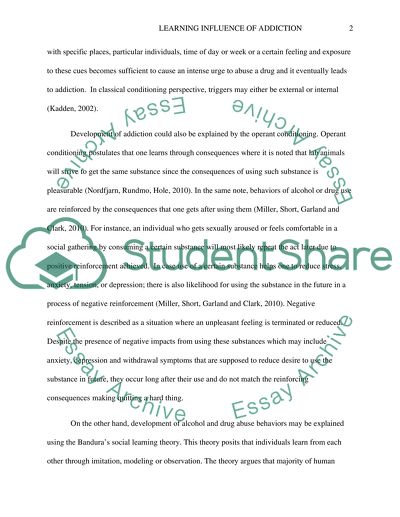Cite this document
(“The Learning Influence of Addiction Research Paper”, n.d.)
The Learning Influence of Addiction Research Paper. Retrieved from https://studentshare.org/psychology/1453926-the-learning-influence-of-addiction
The Learning Influence of Addiction Research Paper. Retrieved from https://studentshare.org/psychology/1453926-the-learning-influence-of-addiction
(The Learning Influence of Addiction Research Paper)
The Learning Influence of Addiction Research Paper. https://studentshare.org/psychology/1453926-the-learning-influence-of-addiction.
The Learning Influence of Addiction Research Paper. https://studentshare.org/psychology/1453926-the-learning-influence-of-addiction.
“The Learning Influence of Addiction Research Paper”, n.d. https://studentshare.org/psychology/1453926-the-learning-influence-of-addiction.


